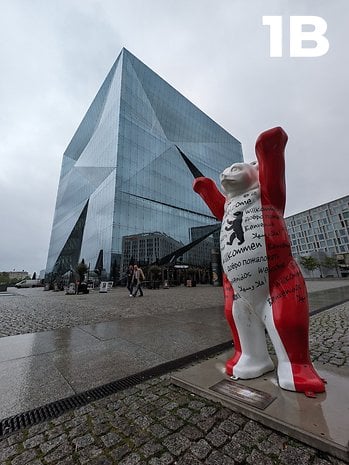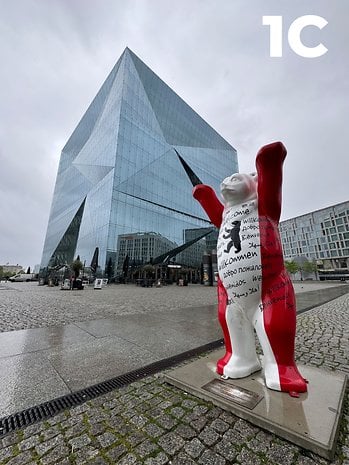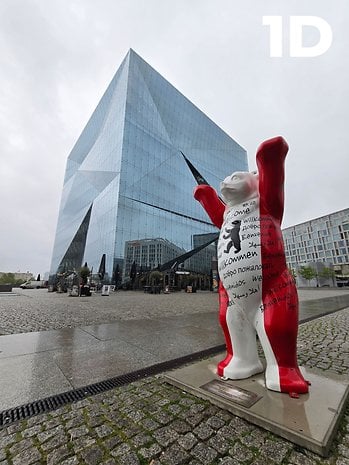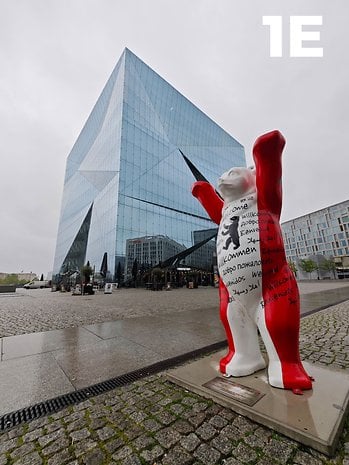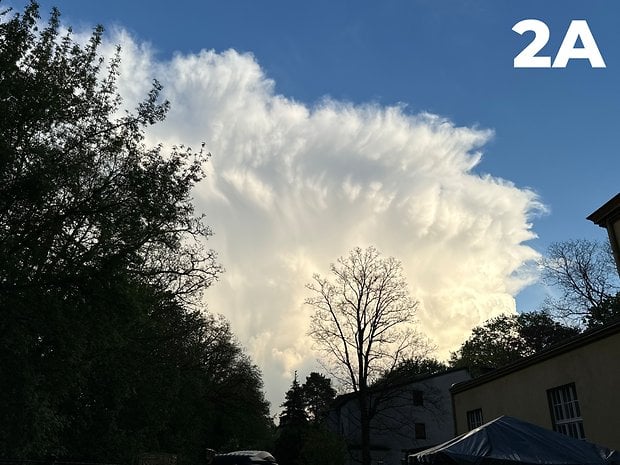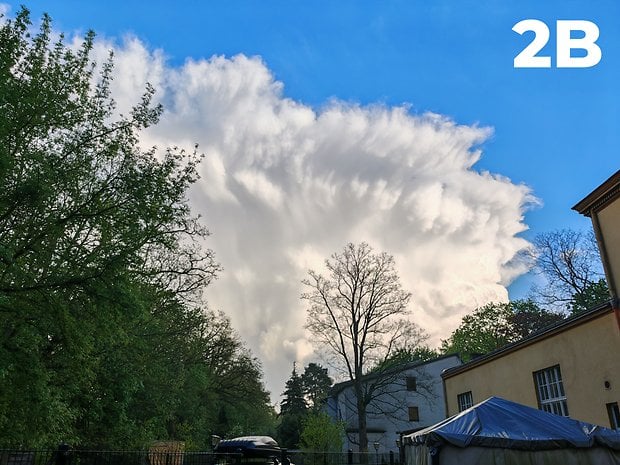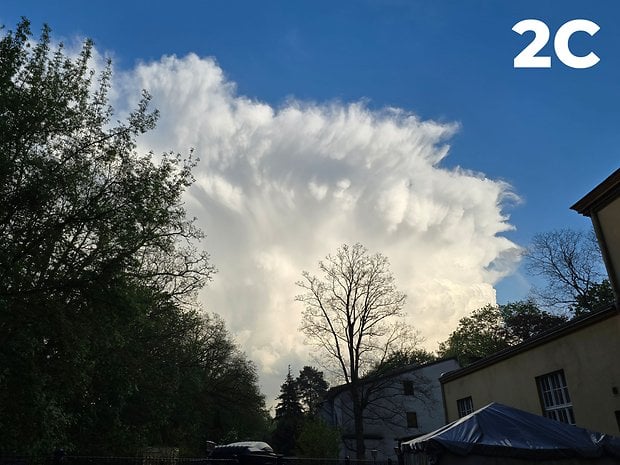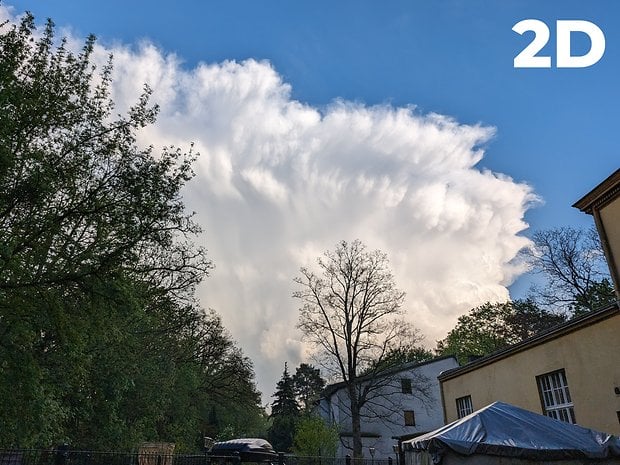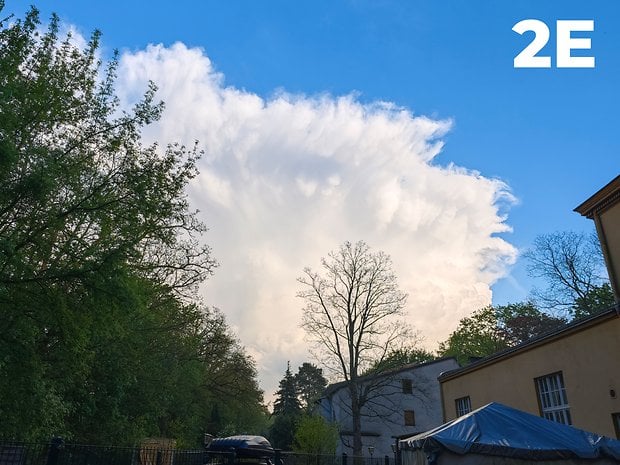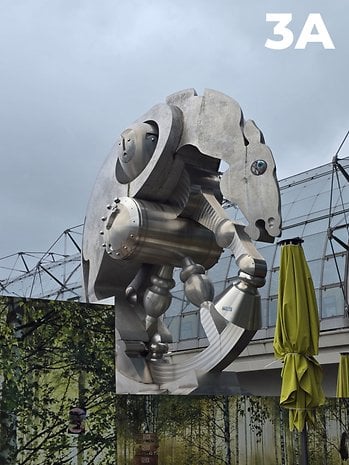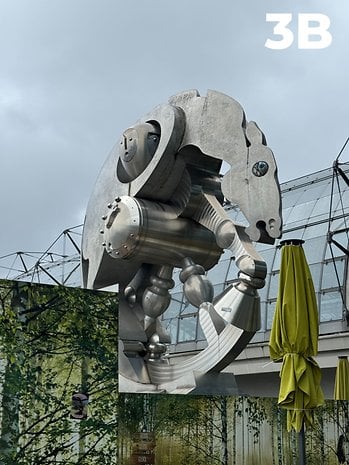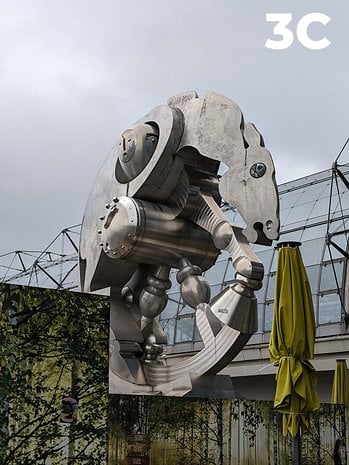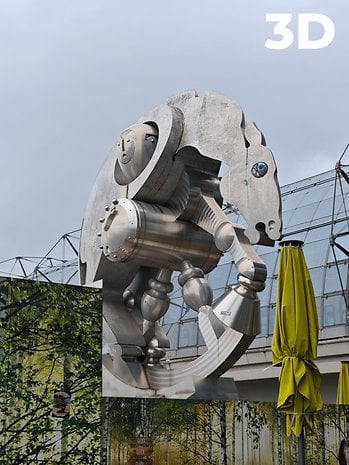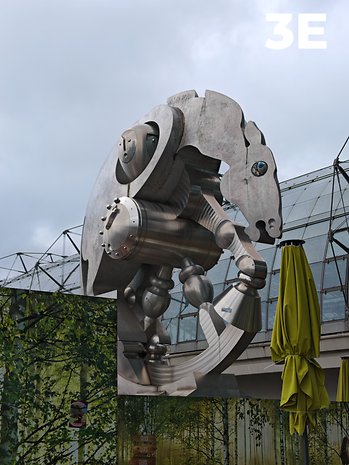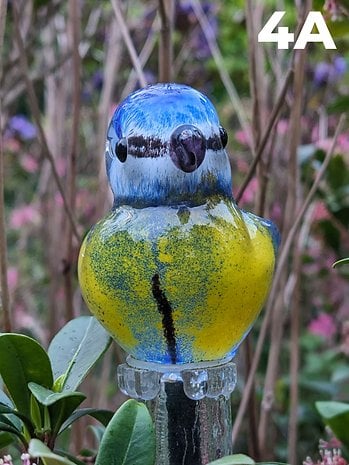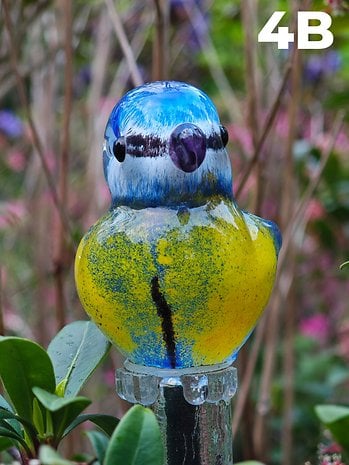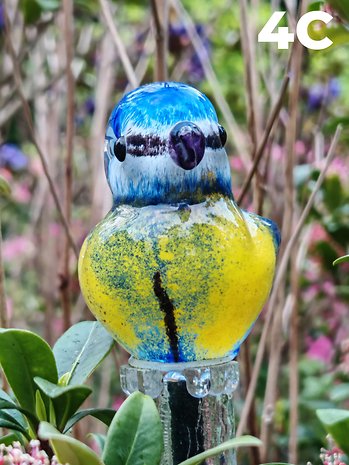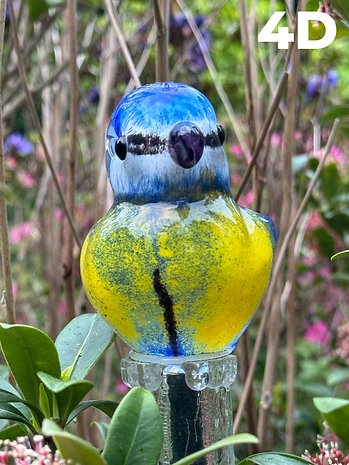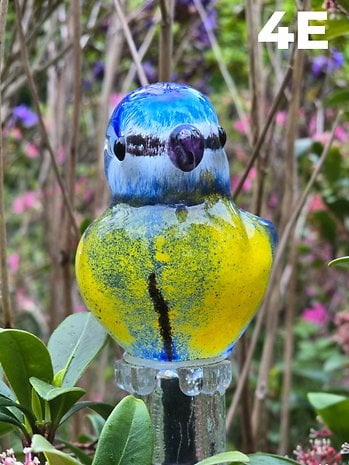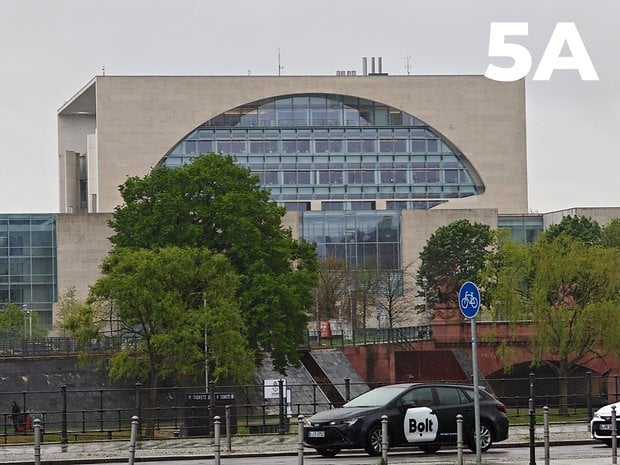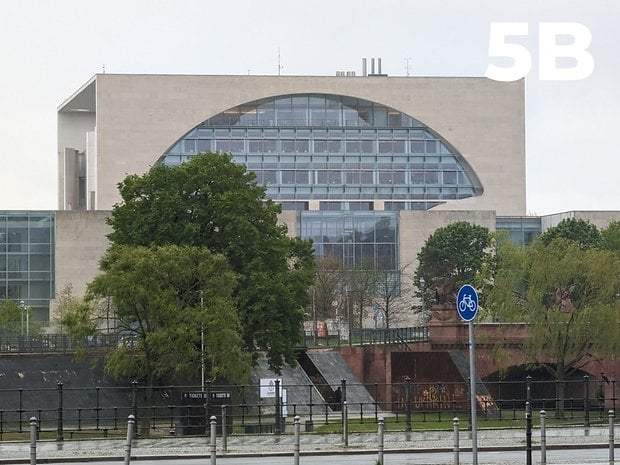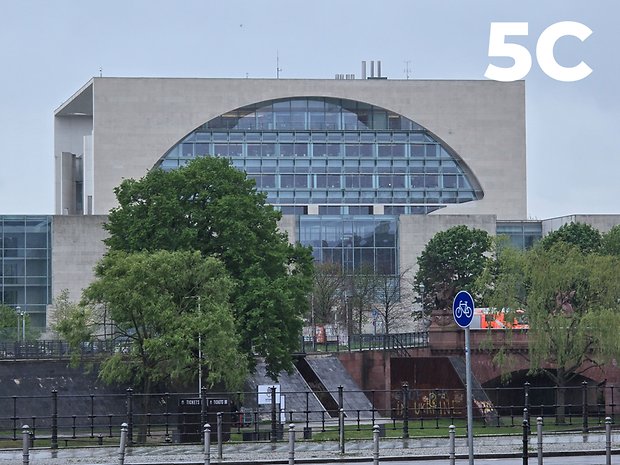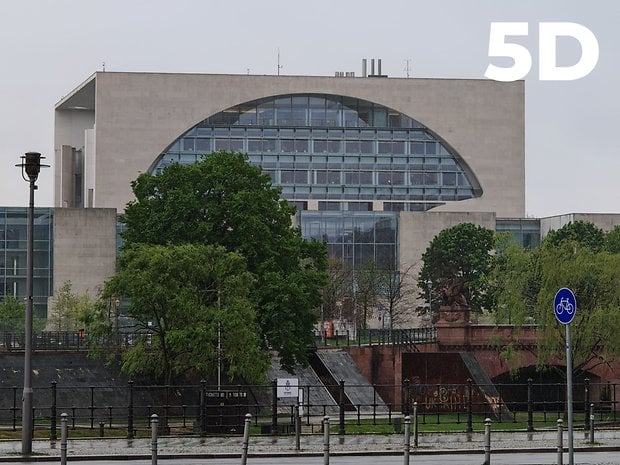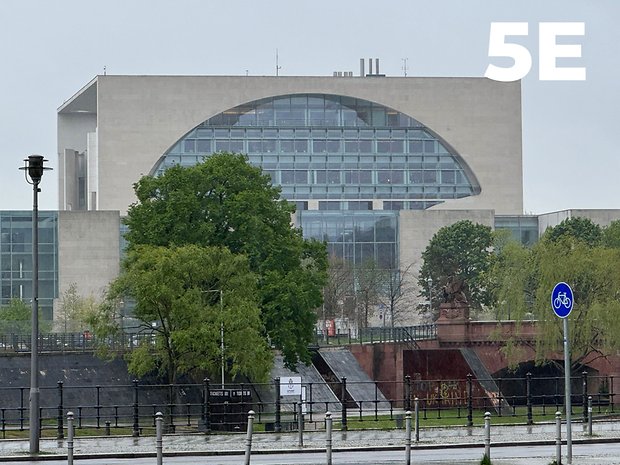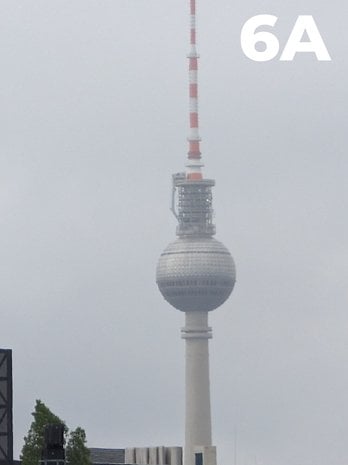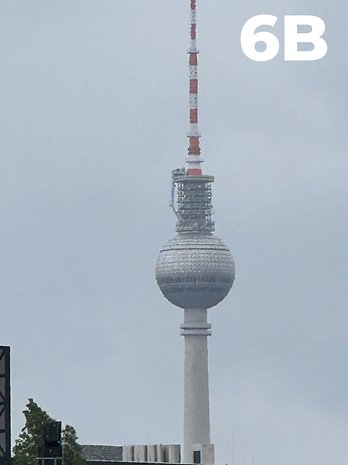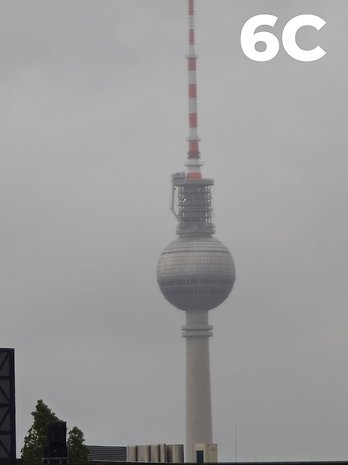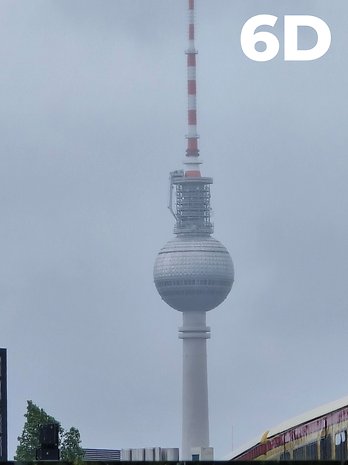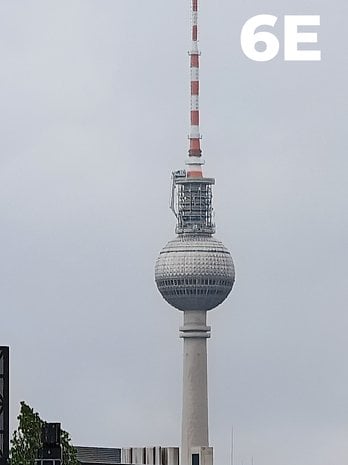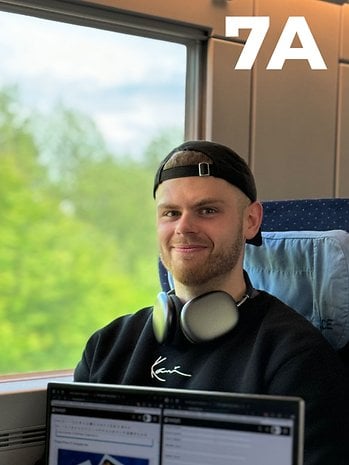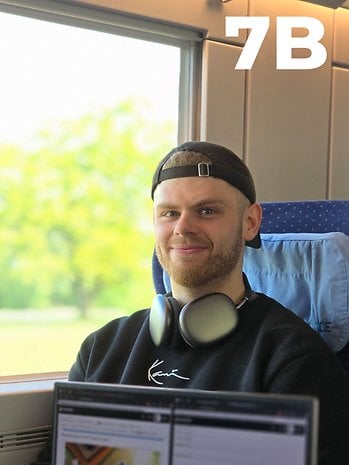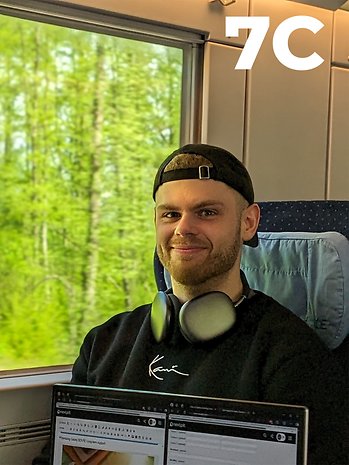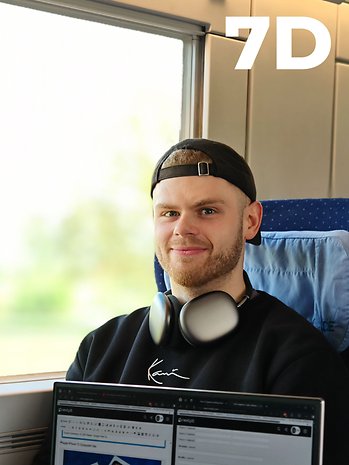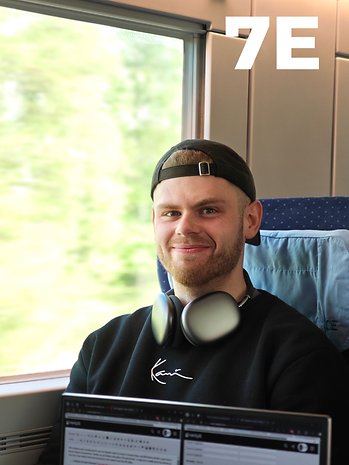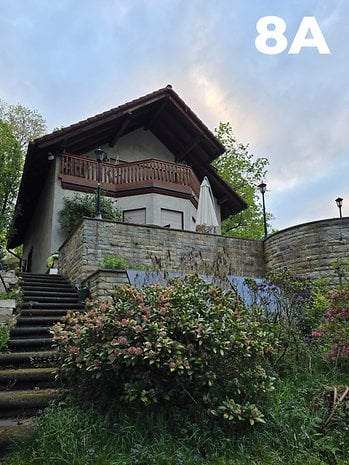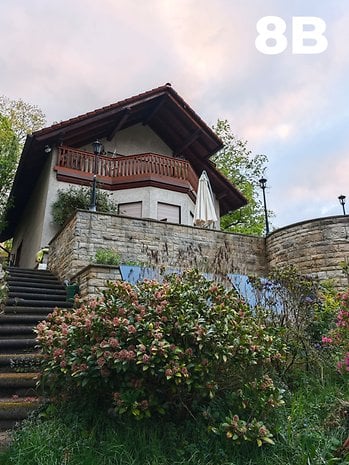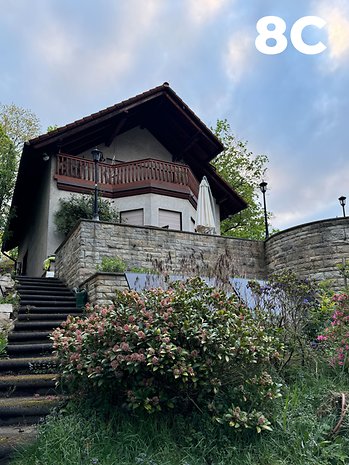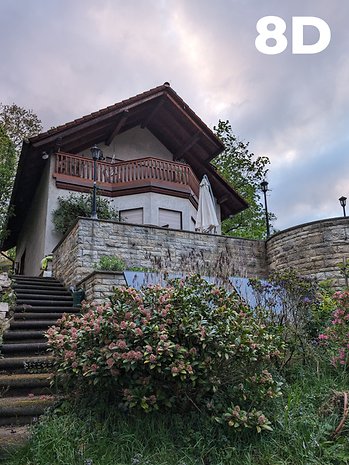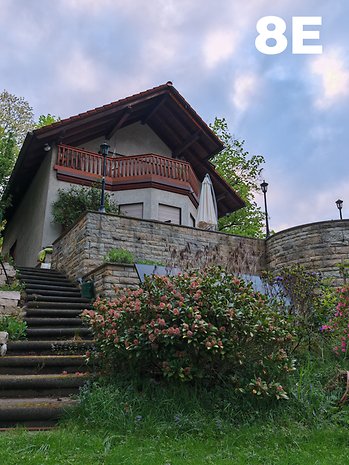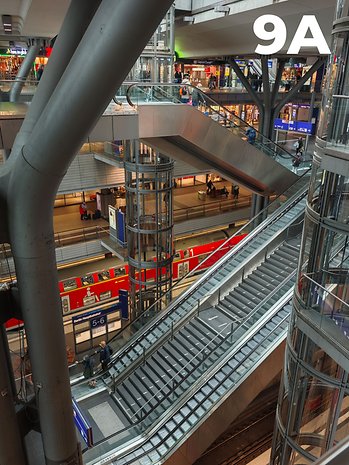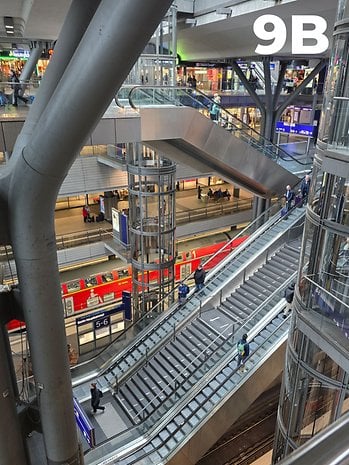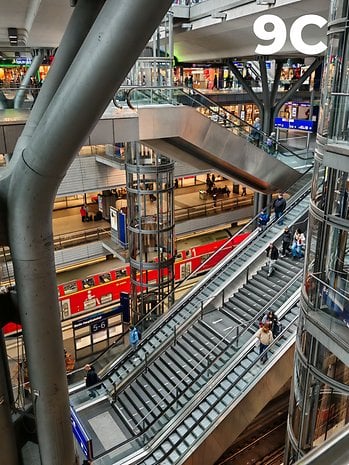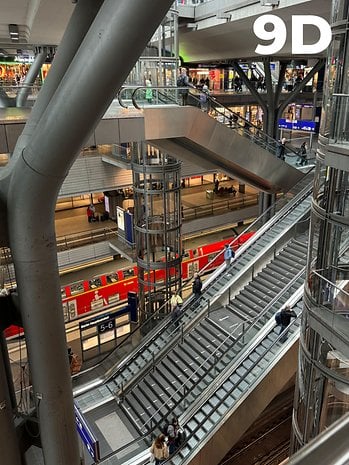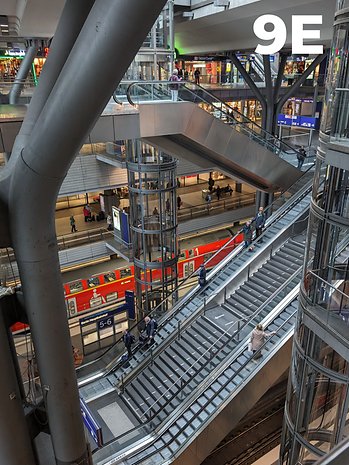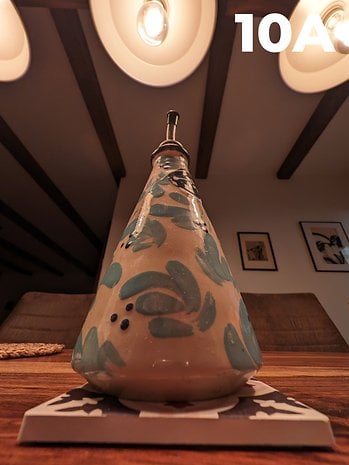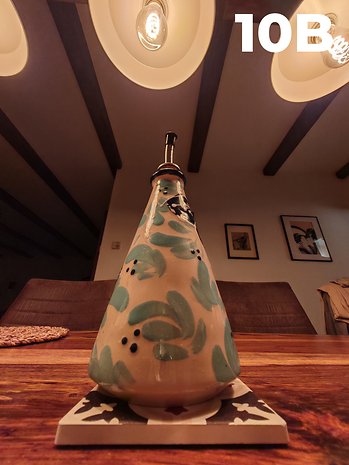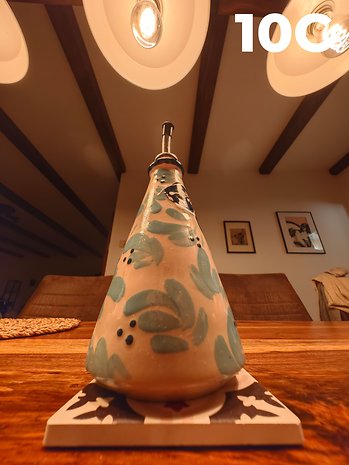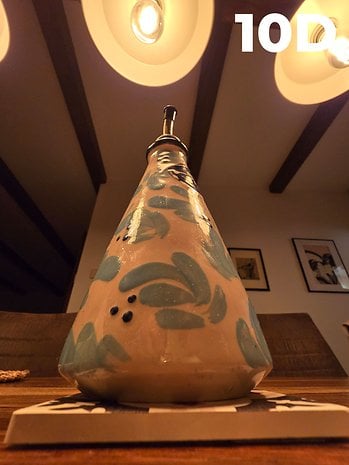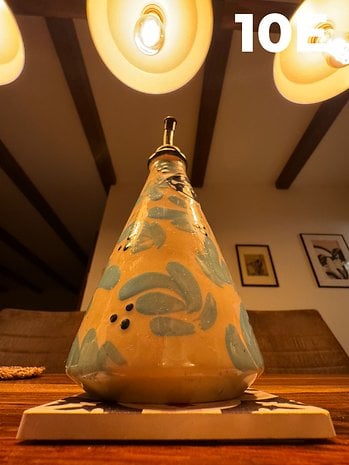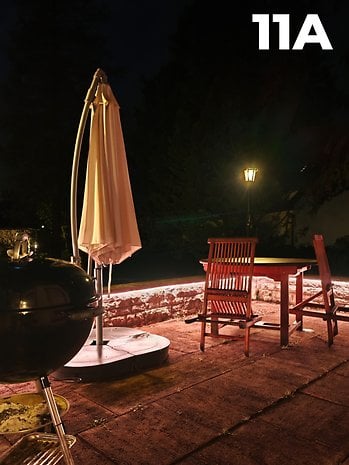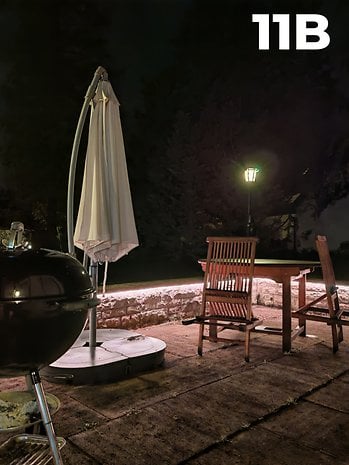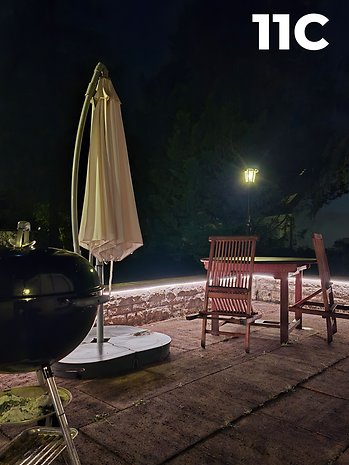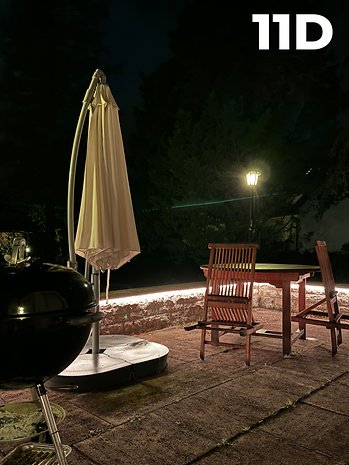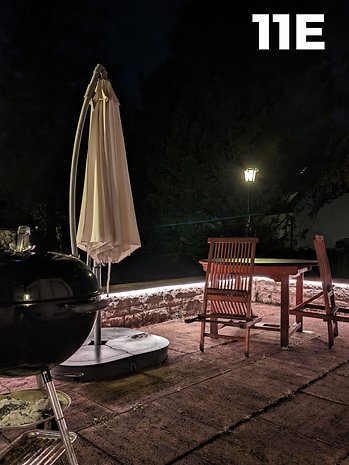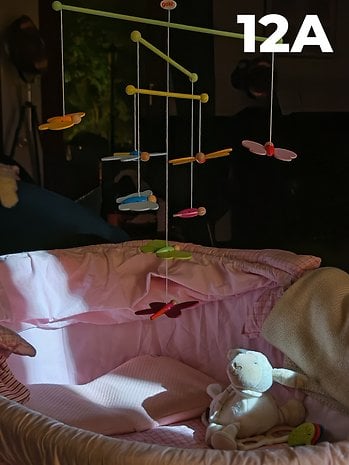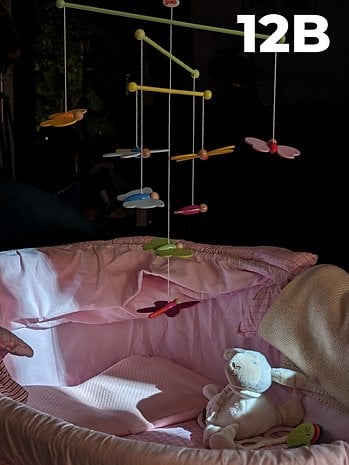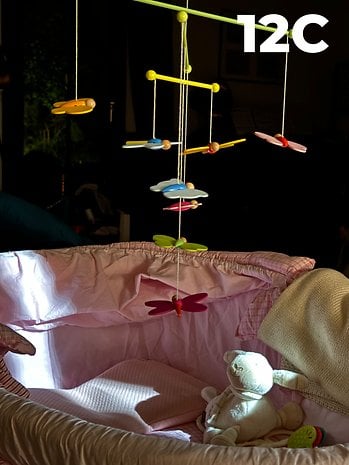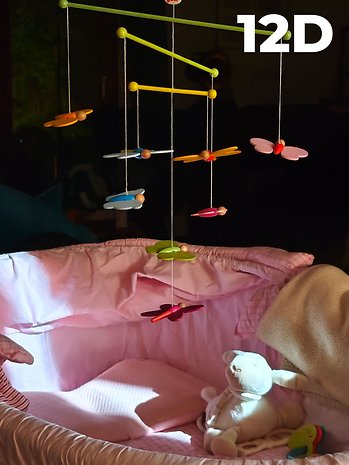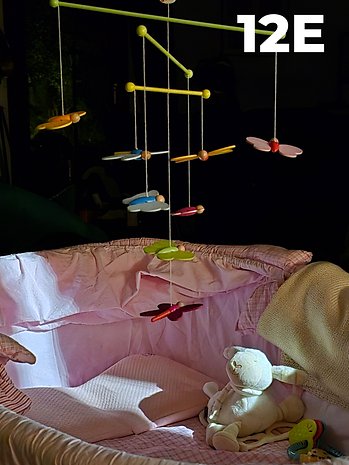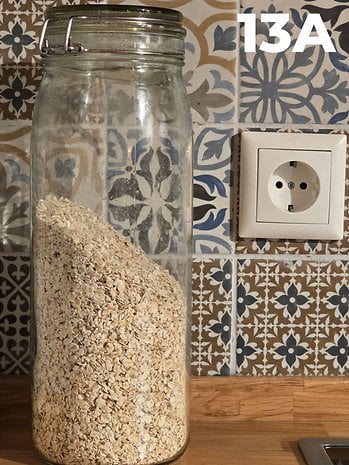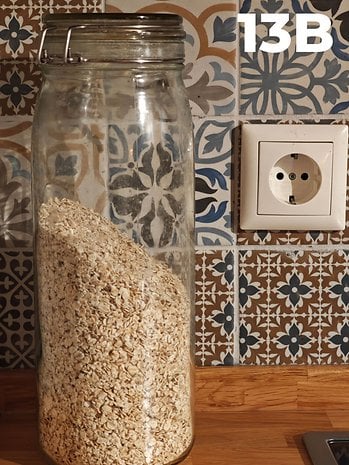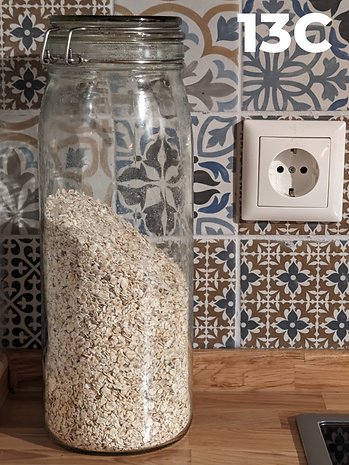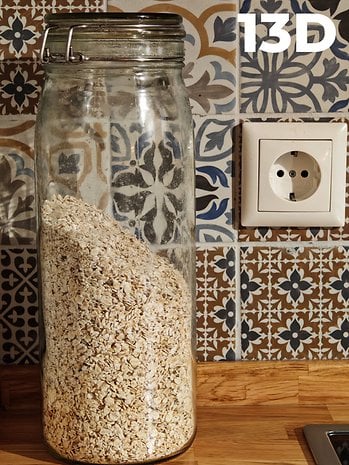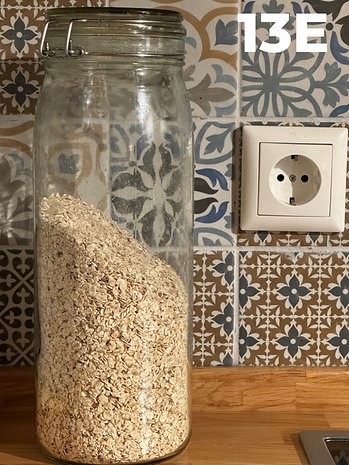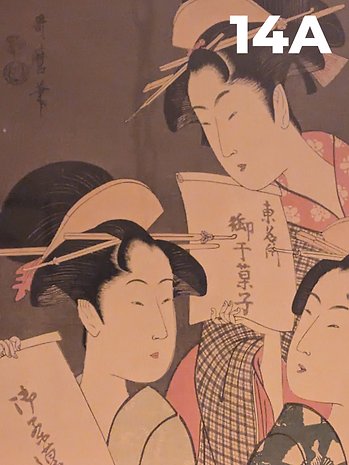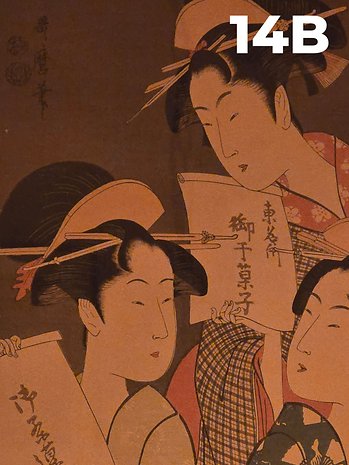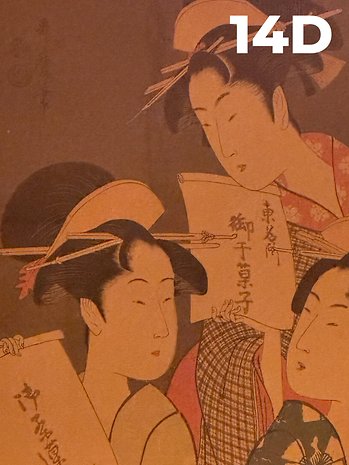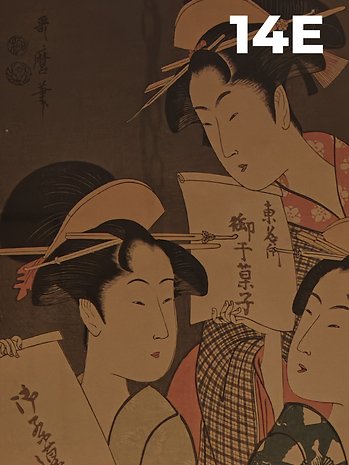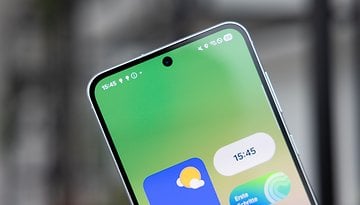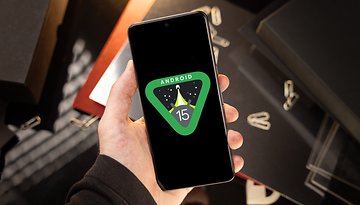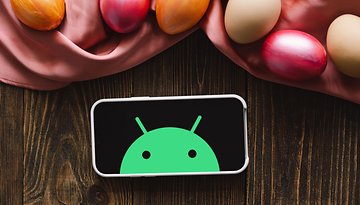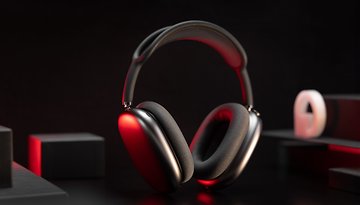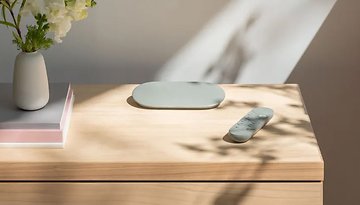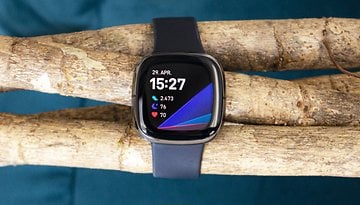Camera Blind Test: Samsung S24 Ultra and Xiaomi 14 Ultra Challenge Google and Apple
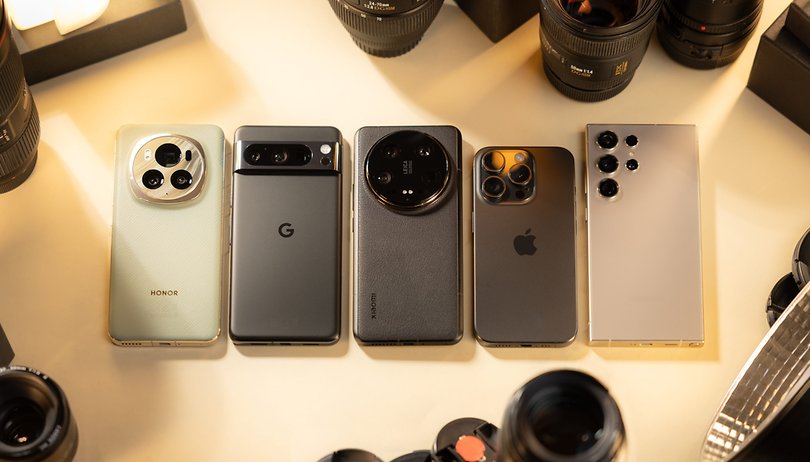

Read in other languages:
The Samsung Galaxy S24 Ultra or Xiaomi 14 Ultra? Or would you select the underdog, the Honor Magic 6 Pro, or last year's flagships such as the iPhone 15 Pro or Google Pixel 8 Pro? We pit five high-end smartphones head-to-head in a camera blind test, and you have to vote on which smartphone took the best photos!
For us to determine the winner and present the results in exactly one week, you have to vote the following photos. You can choose which of the five photos (one for each smartphone) that you like best. We mixed up the different designation for each photo, so photo 1A is not necessarily from the same smartphone as photo 2A.
- Read more about: These are the best camera phones in 2024
When taking photos, we used the factory settings of the smartphones. We also took each photo three times and selected the best one to avoid any random outliers. We cropped the images and scaled them slightly using Photoshop after that, so the photos are as similar as possible for you. And yes, we also made sure the EXIF data in the images did not reveal the smartphone used.
Here are the five competitors at a glance:
- Apple iPhone 15 Pro (review)
- Google Pixel 8 Pro (review)
- Honor Magic 6 Pro (review)
- Samsung Galaxy S24 Ultra (review)
- Xiaomi 14 Ultra (hands-on)
Here we go!
Scene 1: Daylight, ultra-wide angle
Let's begin with a basic task for the smartphones and their ultra-wide angle cameras in gray, rainy Berlin. Only the red bear. The emblem of "Bärlin", brings some color into the picture. In this picture, pay attention to how well the exposure was achieved. Is the bear correctly lit? Does the cloudy sky have enough contrast?
Scene 2: Daylight, main camera (1x)
The second scene takes the main cameras into account. A few hours before the first shot, there was actually some blue sky left, which in this photo is plowed through by the approaching cloud front. The strong contrast between the sky and earth and the soft contrasts in the clouds make for clear differences between the smartphones.
Scene 3: Daylight, main camera (2x)
The next scene is all gray. Here, the smartphones are faced with the challenge of working out clean contrasts and at the same time having to depict the gray tones cleanly. There are noticeable color casts with some smartphone cameras.
Scene 4: Daylight, telephoto camera (3x)
A little color, this time using the 3x optical zoom of the smartphones. It should be noted that no portrait mode was activated here. The background blur comes from the optics of the smartphones. Which photo looks best to you?
Scene 5: Daylight, telephoto camera (5x)
Who recognizes this building in the heart of Berlin? This is where the telephoto zoom lenses come into their own, as we photographed at 5x zoom. Some smartphones can capture this focal length natively, such as the Xiaomi 14 Ultra or the Samsung Galaxy S24 Ultra. Other smartphones such as the iPhone 15 Pro have to zoom in digitally. However, does this make a noticeable difference in practice?
Scene 6: Daylight, telephoto camera (15x)
The question of the fifth scene becomes even more acute with the Berlin television tower. Here the cameras have to show whether they can still deliver a usable image with 15x magnification. I'm curious to see which smartphone will win the race here.
Scene 7: Daylight, Portrait (3x)
In the next scene, the correct color reproduction of skin tones is required. Here, you can see our colleague Thomas, who you probably know from nextpit's vacuum robot and power station reviews. Which smartphone depicted him best here?
Scene 8: Dawn, main camera (1x)
Half-past six in the morning in Germany: The sun may have risen half an hour ago, but surrounded by trees, it still provides only sparse lighting, especially in the foreground. As a result, the smartphones clearly struggled here, even with the main cameras, in terms of the contrasts in the image, and the color reproduction also differs significantly in some cases.
Scene 9: Interior shot, main camera (1x)
Here's a hidden object photo at Berlin Central Station. We are looking for the best camera smartphone. Which photo taken with the main camera do you like best?
Scene 10: Night & artificial light, ultra-wide angle
The tenth scene is a challenge for the ultra-wide angle cameras. The greatest challenge with this picture is backlighting, and not even much of it. However, the color temperature is hot. Which smartphone manages the best balancing act here between balanced contrasts and atmospheric but accurate color reproduction? Incidentally, the wall in the background is painted white.
One more thing: since smartphone cameras sometimes have significantly different focal lengths for the ultra-wide angle and the cameras at different distances from the tabletop when taking overhead photos, the photos also differ quite significantly from each other in terms of composition. We decided to include the photo anyway and hope for an interesting result.
Scene 11: Night & artificial light, main camera (1x)
The next photo takes us outside, where only a few lanterns and LED strings illuminate the terrace. The smartphones clearly struggle with extremely high differences in brightness and generally very little light. This also pushes the main cameras to their limits because it really is extremely dark here.
Scene 12: Night & artificial light, main camera (2x)
We also shot the twelfth scene in a very dark room. Only a gap in the door offers some light in the room, which then also provides a strong contrast in places with one or two smartphones experiencing overexposed image areas. As we use a 2x zoom here, the smartphones also have to zoom digitally. Who performed the best here?
Scene 13: Night & artificial light, telephoto camera (3x)
You've almost made it! In the 13th scene, the glass was filled with oatmeal to provide a lot of detail, with the only lighting hailing from an LED spotlight in the opposite corner of the kitchen. Which smartphone captured the best colors and contrasts here?
Scene 14: Night & artificial light, telephoto camera (10x)
The last scene concerns a Japanese color woodcut that offers numerous fine details. If you don't have a powerful telephoto camera under poor lighting conditions with warm artificial light, you will clearly lose out here. If you were to look at the technical specifications of the devices, the differences can sometimes vary greatly, which is hardly surprising.
That's it for our 14 scenes for this camera blind test. Which subject surprised you the most? What did you pay particular attention to? We look forward to your feedback in the comments!

